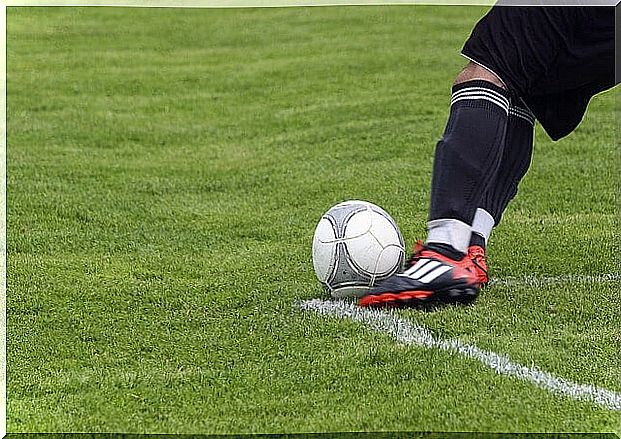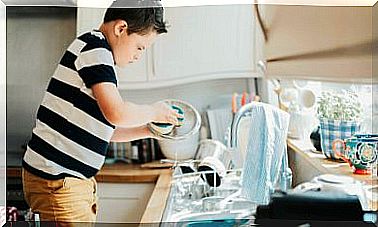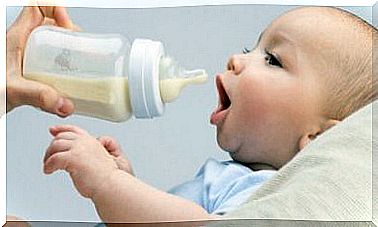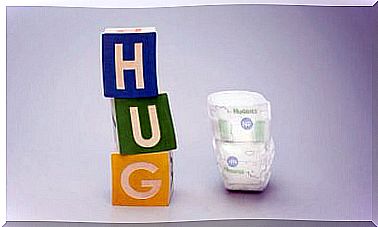Healthy Competition In Young Children

Today we live in a society where competition seems to be a daily thing. This is not bad if you compete respecting the person in front of you, but things can stop going well when respect is lost or when the only thing we are interested in is winning by forgetting absolutely everything that sports or any type of activity that requires competition has to offer us.
A healthy competition is necessary in our society to promote good values in activities.
A competition that does not promote good values and that the only objective is to beat the opponent, then from that moment, the competition becomes toxic and is not suitable for children (or adults). But so that this does not happen , not only children should be made aware of this, but also (and even more) adults.
Parents have an important role
Parents of young children should have the opportunity for their children to see how healthy competition is a form of positive experience, and it can really help children to develop well in all areas and improve their social skills, his empathy, his assertiveness … and a long etc.
For there to be good competition, parents should:
- Play sports with your children for the sole purpose of having fun.
- Encourage children to do their personal best, without comparing themselves to others.
- Make the competition a positive experience.
- Never criticize your son for a game that has not gone well, point out what his strengths have been so that he can enhance them the next time.
- Never judge your child’s performance.

Beware of negative feedback
Parents who do not know what healthy competition should look like and who are only looking to win may be causing big problems for their children. Criticism and negative feedback can break a positive parent-child relationship.
For parents to better understand healthy competition and not damage their children’s self-esteem, they should consider some aspects and always think about the good of their children:
- If they are too critical of their children.
- What have been the negative experiences that could mark your childhood.
- What do you expect from your child in terms of competition, do you demand too much from him to fulfill your own wishes?
- Are you realistic in your expectations of your child regarding competition?
Parental influence on behavior
Parents should limit children’s exposure to adult sports because unfortunately they can see horrible behavior and they will tend to mimic this bad behavior in the face of competition. Young children do not know how to differentiate between what is acceptable and what is not, so they will tend to imitate what they see in adults thinking that it is the correct behavior.
You need to talk to your child and bond emotionally by saying what is right and what is not in competitive games. In addition, it will be necessary for you to play directly with him so that he can see what the appropriate behaviors are, in this sense if you have bad losing or you tend to have an inappropriate behavior, you should first work on good behavior in terms of competition.

Winning is not the important thing
Although our society tries to convey that it is only important to win, make your child see that this is not the case at all. What matters is participating and practicing the sport or activity that your little one likes, we do not want children to become self-centered and despotic people who are only interested in control without respecting others.
What is the healthy competitive attitude
If you want to transmit a healthy competitive attitude to your child, the best thing you can do is watch him enjoy the game and encourage him to have fun, no matter what the end result may be. Encourage him to learn more and grow doing his personal best (but without scoring, just having a good attitude). It is best to tell your child, “Good job!” If you want to praise, don’t say generic things, the ideal is to be specific and say things like: “I loved how you passed the ball to Marcos.” If you pay attention to details and then share them with your child, he will know that you have been attentive the entire time.









